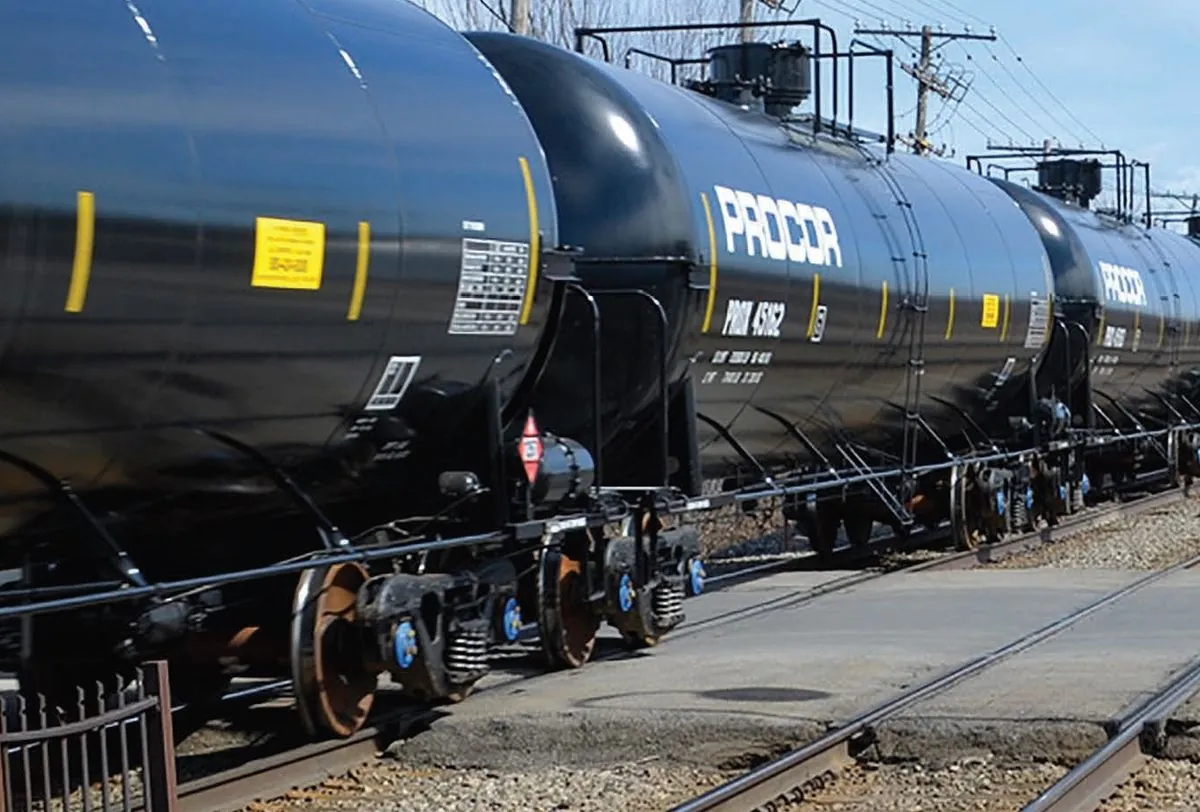Canadian National Railway and Canadian Pacific Kansas City have implemented a worker lockout starting August 24, 2024, following unsuccessful negotiations with Teamsters Canada. This action has resulted in the cessation of grain, potash, coal, and other commodity movements across Canada's extensive freight rail network.
The dispute stems from the expiration of worker contracts in December 2023, with negotiations between the railway companies and Teamsters Canada, which represents over 125,000 workers across various industries, failing to reach a resolution. This impasse has led to a significant disruption in Canada's transportation sector, potentially impacting the nation's economy.
Canada boasts the world's third-largest railway network, spanning over 49,000 kilometers. The system is vital to the country's economic infrastructure, responsible for transporting more than 50% of Canada's exports. The current lockout is likely to have far-reaching consequences, particularly for industries heavily reliant on rail transport.
Among the affected commodities, potash stands out as one of Canada's largest exports, with the country being the world's leading producer. Similarly, Canada's position as the third-largest global coal exporter underscores the potential international ramifications of this labor dispute. The grain industry, which depends significantly on rail transport to move crops to ports, may also face substantial challenges.
This is not the first time Canada's railway sector has experienced labor-related disruptions. The last major railway strike occurred in 2019, lasting for 8 days and causing significant economic repercussions. The current situation highlights the ongoing challenges in balancing worker rights with the operational needs of these crucial transportation companies.
Canadian National Railway, founded in 1919 and privatized in 1995, is the largest railway company in Canada. Its counterpart in this dispute, Canadian Pacific Kansas City, was formed recently in 2023 through a merger of Canadian Pacific Railway and Kansas City Southern. Both companies operate under federal jurisdiction, unlike most other industries in Canada, with labor relations governed by the Railway Labor Act.
As negotiations continue, the economic implications of this lockout are becoming increasingly apparent. With freight rail accounting for approximately 70% of Canada's surface transportation of goods, the prolonged disruption could have cascading effects on various sectors of the Canadian economy.
The timeline of negotiations leading up to this lockout remains a critical aspect of understanding the dispute. As the situation unfolds, stakeholders across industries will be closely monitoring developments, hoping for a swift resolution to minimize the economic impact on Canada's vital transportation infrastructure.
